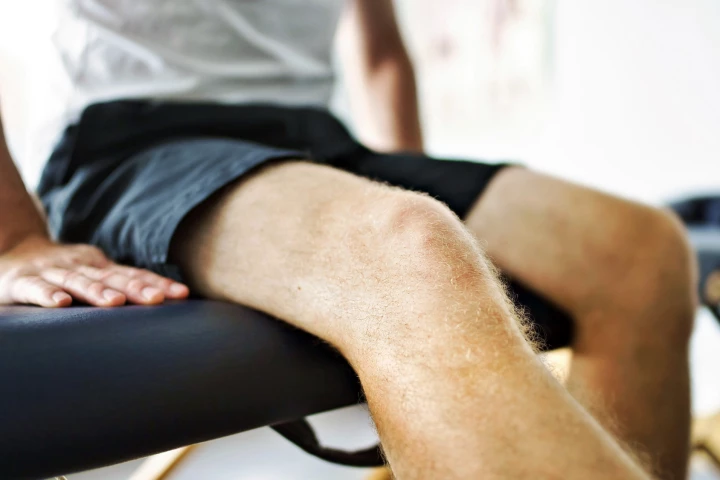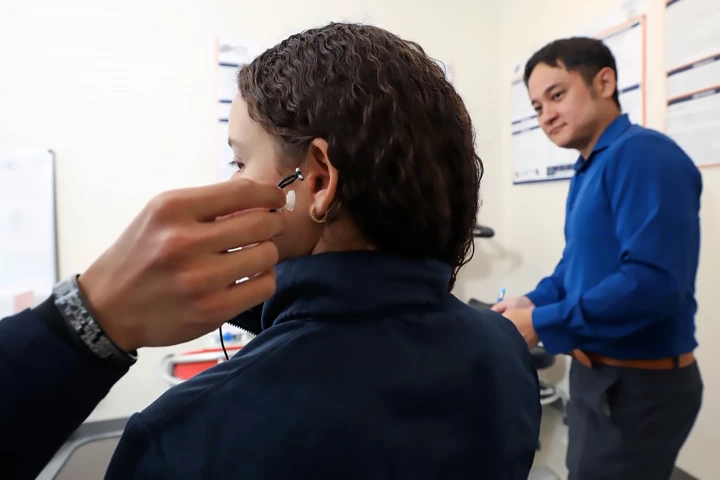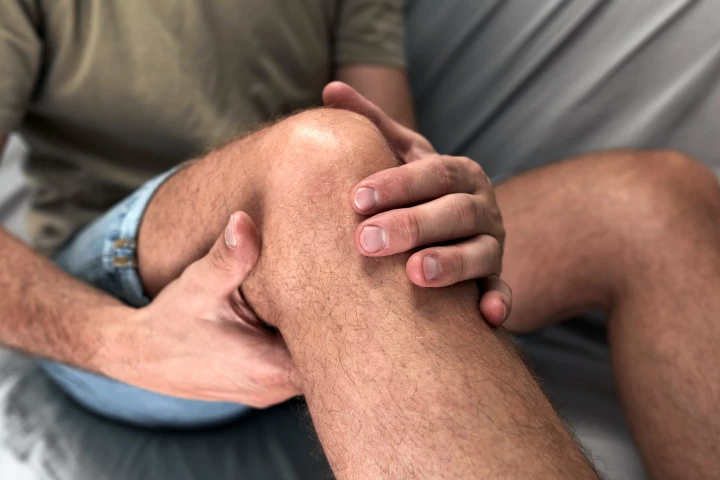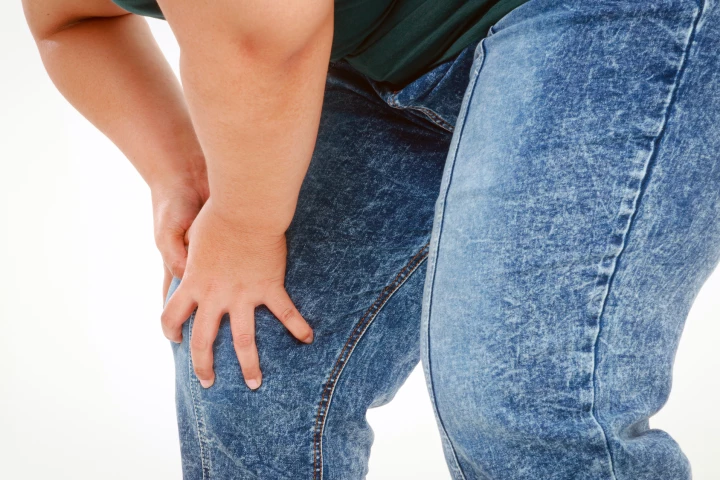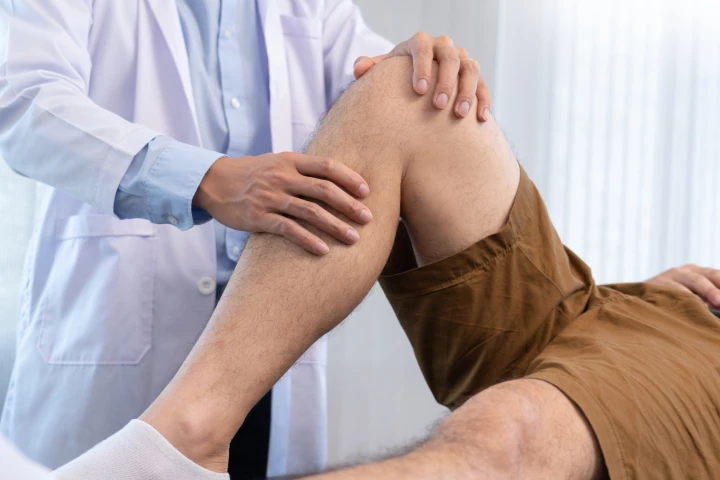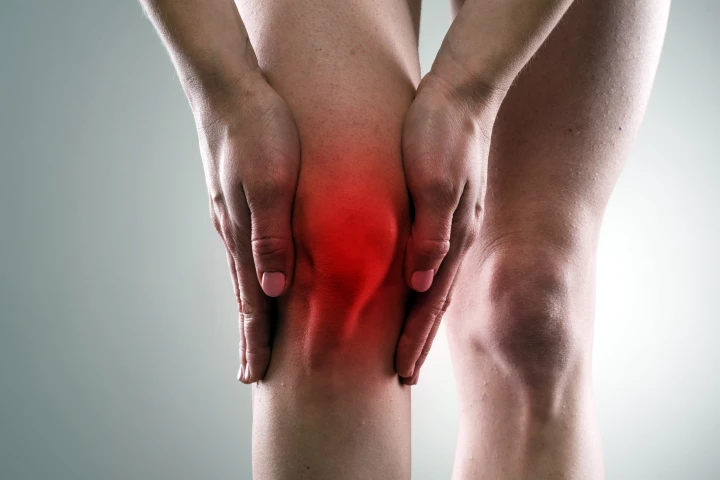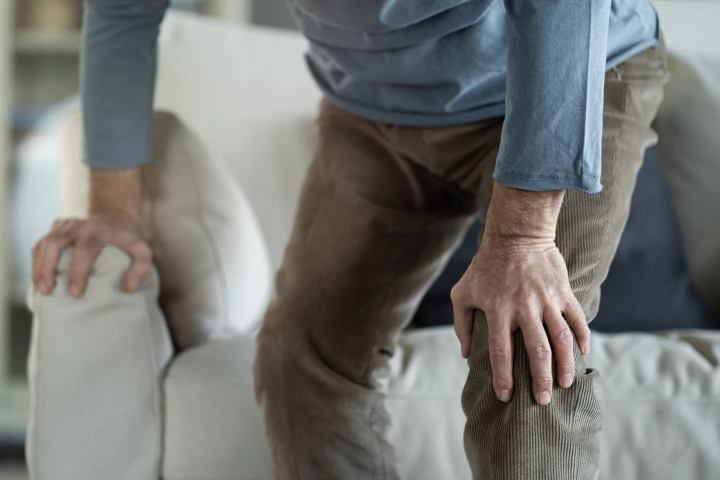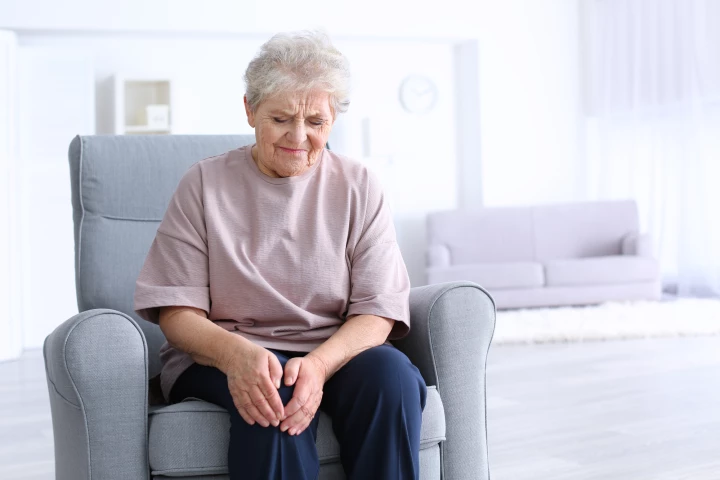Osteoarthritis
-
Researchers have analyzed clinical trial data and ranked 12 different non-drug physical therapy treatments for knee osteoarthritis, based on their effectiveness in reducing pain and stiffness, and improving physical function.
-
A new study found that non-invasive in-ear electrical stimulation to the vagus nerve safely and effectively reduces osteoarthritis-related knee pain. It opens the door to innovative, quality-of-life-improving treatment.
-
A mainstay diabetes drug reduced pain and stiffness and improved function in overweight people with knee osteoarthritis, a new study has found. It may mean that, as a result, invasive knee replacement surgery can be delayed for as long as possible.
-
The ‘Ozempic drug,’ semaglutide, has been found to reduce moderately severe pain caused by knee osteoarthritis and improve physical functioning following weight loss, according to the results of a recent clinical trial by Novo Nordisk, the drug’s manufacturer.
-
Researchers may have identified the long-debated cause of creaking, popping and clicking knees – common at any age, with or without an underlying knee injury – and whether it's something to be concerned about.
-
A single injection of a new, off-the-shelf stem cell therapy for knee osteoarthritis significantly improved pain and function for up to 12 months in 75% of participants in a clinical trial. The treatment has the potential to prevent the disease's progression.
-
A clinical trial will soon commence investigating whether nose cartilage can be used to regenerate knee joints that have been severely worn down by osteoarthritis. If successful, the procedure could be an alternative treatment for the condition.
-
In 2023, researchers were focused on better understanding the disease process underlying arthritis, and the treatment and relief of symptoms. Here are the year’s top arthritis stories appearing on New Atlas.
-
Researchers have found that osteoarthritis is caused by the depletion of specialized gene-expressing cartilage-forming stem cells and found a way to treat and reverse the condition, instead of just managing its symptoms.
-
A study has found that methotrexate, a widely available and affordable drug that’s usually prescribed as a first-line treatment for rheumatoid arthritis, is effective at reducing the pain and stiffness suffered by people with hand osteoarthritis.
-
Scientists investigating new treatments for hand osteoarthritis have made promising new inroads through research on a drug originally developed for acne and psoriasis, with work now underway to ascertain its potential as a new clinical therapy.
-
A common diabetes drug has been linked to a reduction in the need for joint replacement surgery. The observational study suggests the drug could be helpful for patients with osteoarthritis, although further clinical work is needed to validate the association.
Load More
